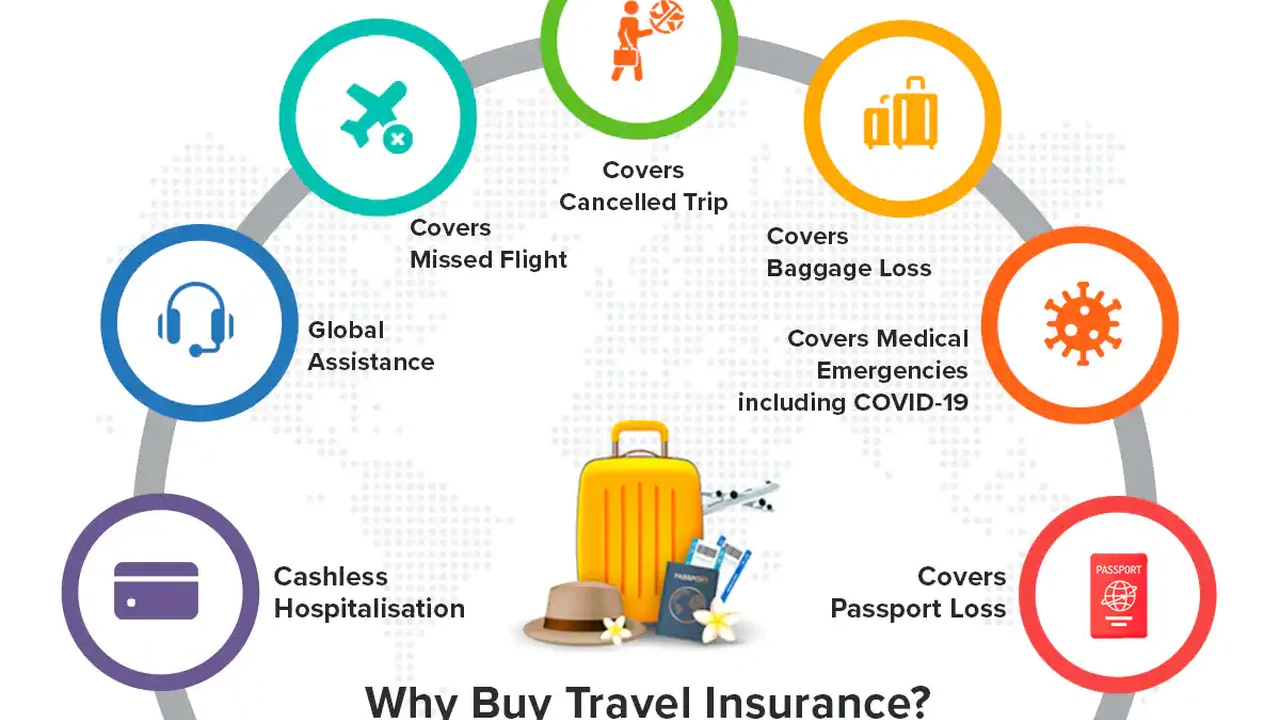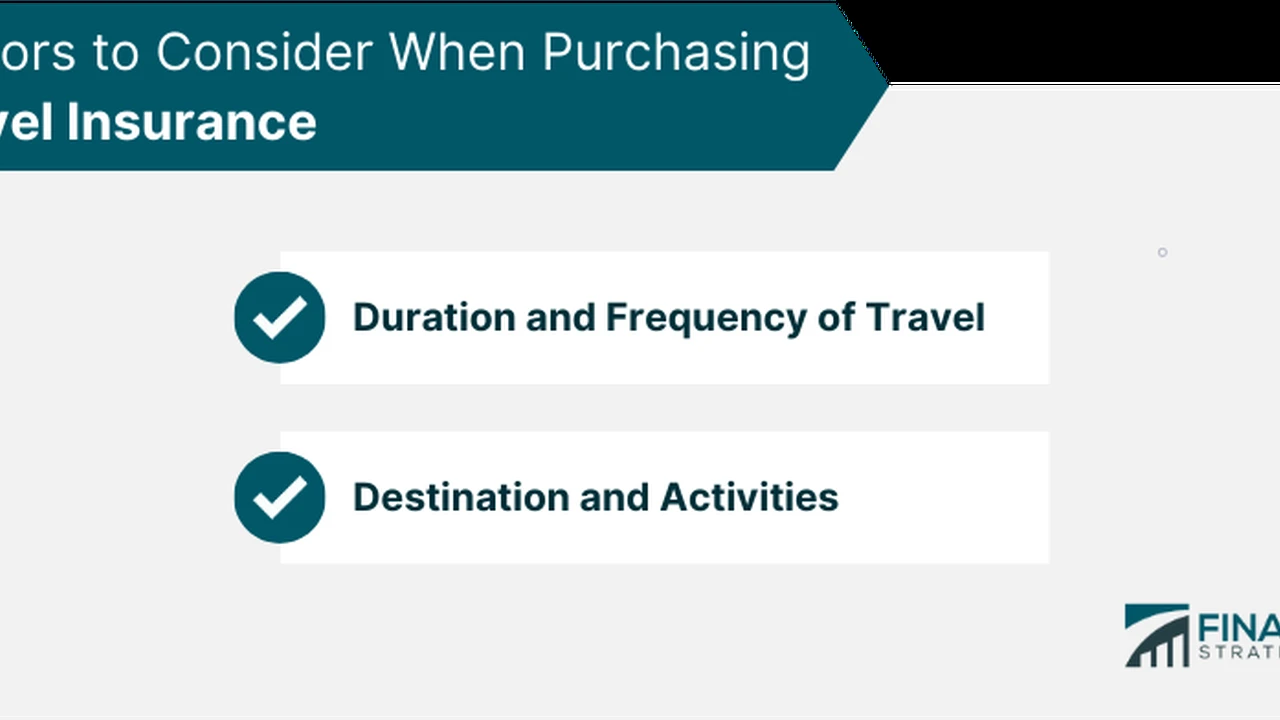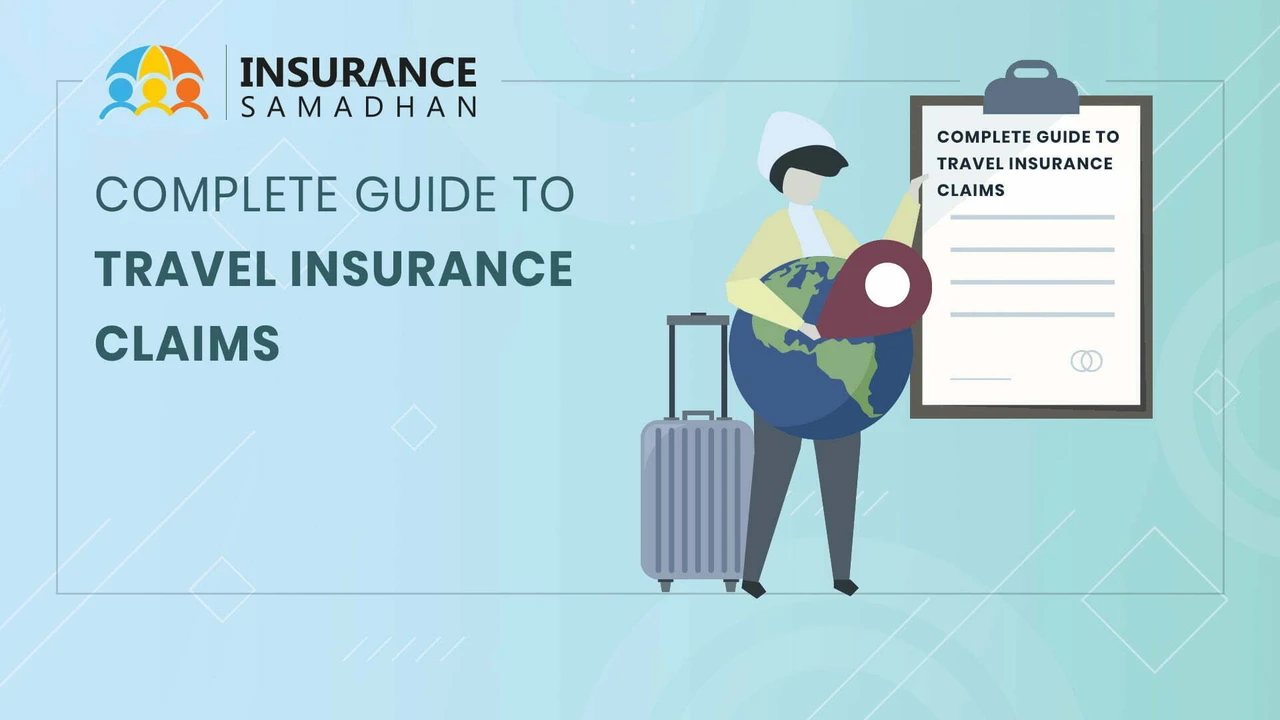Travel Insurance: Domestic vs. International Coverage

Understanding the Basics Travel Insurance for Your Trip
So, you're planning a trip! Exciting, right? But before you pack your bags and dream of sun-soaked beaches or snow-capped mountains, let's talk about something a little less glamorous but super important: travel insurance. Think of it as your safety net when things don’t go as planned. We're going to break down the difference between domestic and international travel insurance, so you can pick the right one for your adventure. Basically, domestic travel insurance covers you within your own country, while international travel insurance covers you when you travel abroad. Easy peasy!
Domestic Travel Insurance Coverage What's Included
Okay, let's dive into domestic travel insurance. What exactly does it cover? Well, it depends on the policy, but typically you'll find coverage for things like:
- Trip Cancellation/Interruption: Imagine you're all set to visit the Grand Canyon, and then BAM! You get the flu. Domestic travel insurance can reimburse you for non-refundable expenses like flights and hotel bookings if you have to cancel or cut your trip short due to a covered reason (illness, injury, family emergency, etc.).
- Baggage Loss/Delay: Ever had your luggage go missing? It's a nightmare! Domestic travel insurance can help cover the cost of replacing essential items if your bags are lost, stolen, or delayed.
- Emergency Medical Expenses: Even within your own country, accidents happen. If you need medical attention while traveling, domestic travel insurance can help cover the costs. Check your existing health insurance policy first though, as many plans offer some coverage while traveling domestically.
- Travel Delays: Flight delayed? Missed your connecting train? Domestic travel insurance can help cover expenses like meals and accommodation if your travel is delayed due to unforeseen circumstances.
Basically, it's about protecting you from financial losses related to unexpected events that disrupt your travel plans within your home country.
International Travel Insurance Coverage Going Global
Now, let's talk about international travel insurance. This is where things get a little more complex because you're dealing with different countries, healthcare systems, and potential risks. International travel insurance typically covers:
- Emergency Medical Expenses: This is HUGE. Your domestic health insurance might not cover you abroad, or it might have very limited coverage. International travel insurance can cover the cost of medical treatment, hospitalization, and even medical evacuation if you need it. Seriously, don't skimp on this one.
- Trip Cancellation/Interruption: Just like domestic insurance, international travel insurance can reimburse you for non-refundable expenses if you have to cancel or cut your trip short due to a covered reason.
- Baggage Loss/Delay: Again, this is pretty standard. International travel insurance can help cover the cost of replacing essential items if your bags are lost, stolen, or delayed.
- Emergency Evacuation: This is where international insurance really shines. If you're seriously injured or ill in a remote location, international travel insurance can cover the cost of evacuating you to a hospital or even back home. This can be incredibly expensive without insurance.
- 24/7 Assistance: Many international travel insurance policies offer 24/7 assistance lines that can help you find medical care, translate documents, and navigate local laws and customs. This can be a lifesaver in a foreign country.
International travel insurance is essential for protecting you from the unique risks of traveling abroad.
Key Differences Domestic vs International Travel Insurance Policies
So, what are the key differences between domestic and international travel insurance? Here's a quick breakdown:
- Coverage Area: Domestic covers within your country; international covers abroad. Duh!
- Medical Coverage: International insurance typically offers much more comprehensive medical coverage, including emergency evacuation. Domestic insurance might be redundant if you already have good health insurance.
- Cost: International insurance is usually more expensive than domestic insurance, due to the higher risks involved.
- Policy Length: Domestic policies can be for a single trip or an annual plan. International policies are usually for a specific trip duration.
Choosing the Right Travel Insurance Factors to Consider
Okay, so how do you choose the right travel insurance policy? Here are a few factors to consider:
- Destination: Where are you going? If you're staying within your own country, domestic insurance might be sufficient. If you're traveling abroad, you'll definitely need international insurance.
- Trip Length: How long will you be gone? The longer your trip, the more coverage you'll need.
- Activities: What will you be doing? If you're planning on doing adventurous activities like skiing, scuba diving, or rock climbing, you'll need a policy that covers those activities.
- Pre-Existing Conditions: Do you have any pre-existing medical conditions? Make sure the policy covers them. Some policies exclude coverage for pre-existing conditions, or they might require you to pay an extra premium.
- Budget: How much can you afford to spend? Travel insurance can range in price from a few dollars a day to hundreds of dollars for a longer trip. Shop around and compare quotes from different insurers.
- Deductible: How much are you willing to pay out of pocket before the insurance kicks in? A higher deductible usually means a lower premium.
Real-Life Travel Insurance Scenarios Examples and Case Studies
Let's look at some real-life scenarios to illustrate the importance of travel insurance:
- Scenario 1: You're on a hiking trip in Yosemite National Park and you break your leg. Without domestic travel insurance, you'd be responsible for all the medical bills, which could be thousands of dollars.
- Scenario 2: You're on a backpacking trip through Southeast Asia and you contract a serious illness. Without international travel insurance, you could be stuck in a foreign hospital with no way to pay for treatment. Emergency evacuation could cost tens of thousands of dollars.
- Scenario 3: Your flight to a conference gets cancelled due to bad weather. Without trip interruption insurance, you lose the money you spent on the hotel and conference fees.
Top Travel Insurance Providers Comparing Options and Features
There are tons of travel insurance providers out there, so it's important to do your research. Here are a few popular options:
- Allianz Travel Insurance: Known for their comprehensive coverage and 24/7 assistance.
- World Nomads: Popular with backpackers and adventure travelers.
- Travel Guard: Offers a wide range of policies to suit different needs and budgets.
- Seven Corners: Specializes in international medical insurance for travelers.
Be sure to compare quotes and read reviews before making a decision.
Recommended Products Specific Travel Insurance Plans and Their Benefits
Let's get specific! Here are a few recommended travel insurance plans:
- For Budget Travelers: World Nomads Explorer Plan. This plan is great for adventure travelers and offers coverage for a wide range of activities. It's a good value for the price, but it might not have the highest coverage limits. Expect to pay around $50-$100 for a week-long trip, depending on your age and destination.
- For Comprehensive Coverage: Allianz Travel Insurance OneTrip Premier Plan. This plan offers very high coverage limits and includes benefits like trip cancellation, interruption, medical expenses, and baggage loss. It's a bit more expensive, but it's worth it if you want peace of mind. A week-long trip might cost $100-$200.
- For Medical Coverage Focused: Seven Corners Trip Protection Choice. If you're concerned about medical expenses, this plan is a good option. It offers high medical coverage limits and includes benefits like emergency evacuation. The price can vary greatly depending on your age and pre-existing conditions.
Travel Insurance and Pre-Existing Conditions Navigating the Fine Print
Pre-existing conditions can be tricky when it comes to travel insurance. Many policies exclude coverage for pre-existing conditions, or they might require you to pay an extra premium. Be sure to read the fine print carefully and disclose any pre-existing conditions when you apply for insurance. Some policies offer waivers for pre-existing conditions if you purchase the insurance within a certain timeframe of booking your trip.
Travel Insurance Claims Process Filing and Getting Reimbursed
So, you've had a mishap and need to file a claim. Here's what you need to do:
- Contact your insurance provider as soon as possible.
- Gather all the necessary documentation, such as medical bills, police reports, and receipts.
- Fill out the claim form accurately and completely.
- Submit the claim form and documentation to your insurance provider.
- Follow up with your insurance provider to check on the status of your claim.
Be patient, as the claims process can take some time. Make sure you keep copies of all your documents.
Travel Insurance for Different Types of Trips Business vs Leisure
The type of trip you're taking can also affect the type of travel insurance you need. For example, if you're traveling for business, you might need coverage for things like:
- Lost or stolen business equipment.
- Trip cancellation due to a business meeting being canceled.
- Emergency medical expenses incurred while on business travel.
If you're traveling for leisure, you might need coverage for things like:
- Trip cancellation due to illness or injury.
- Lost or stolen luggage.
- Emergency medical expenses incurred while on vacation.
Travel Insurance and Adventure Activities Ensuring Proper Coverage
Planning on some extreme sports? Make sure your policy covers it! Standard travel insurance may exclude activities like skydiving, rock climbing, scuba diving, and other high-risk adventures. Look for policies specifically designed for adventure travelers or add-ons that cover these activities.
Travel Insurance Scams and How to Avoid Them Protecting Yourself
Unfortunately, travel insurance scams exist. Be wary of policies that seem too good to be true, pressure tactics, and companies that aren't licensed or reputable. Always research the insurance provider and read reviews before purchasing a policy. Purchase directly from the insurance company or a reputable travel agency.
The Future of Travel Insurance Emerging Trends and Technologies
The travel insurance industry is constantly evolving. Some emerging trends include:
- Personalized insurance policies tailored to individual needs and travel styles.
- AI-powered claims processing for faster and more efficient claims resolution.
- Wearable technology integration to track health and location data for more accurate coverage.
- Embedded insurance offered directly through travel booking platforms.
Final Thoughts Choosing the Best Travel Insurance for Your Needs
Choosing the right travel insurance can seem daunting, but it's an essential part of planning any trip. By understanding the different types of coverage, considering your individual needs, and comparing quotes from different providers, you can find a policy that gives you peace of mind and protects you from unexpected events. Don't wait until it's too late – get covered before you go!
:max_bytes(150000):strip_icc()/277019-baked-pork-chops-with-cream-of-mushroom-soup-DDMFS-beauty-4x3-BG-7505-5762b731cf30447d9cbbbbbf387beafa.jpg)






